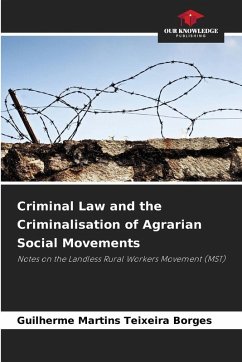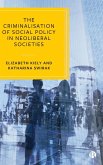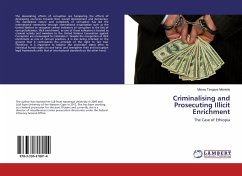It is well known that the structure of land occupation in Brazil, since colonial times, has been responsible for the current concentration of land ownership and the formation of large estates in the country. This situation, throughout the history of Brazilian agrarian law, meant that even before there was a fundamental right to agrarian reform, a right to territorial spoliation, unfair concentration of rural property and even agrarian colonialism was consolidated in the face of social minorities who, in some way, need land for their subsistence. It is in this context, in turn, that the struggle of the peasants takes the form of Agrarian Social Movements, whose objectives are not limited to attempting to resolve the country's agrarian issue. Beyond that, the banner of struggle of landless rural workers carries with it the proposal to change the very distribution of power in Brazil. On the other hand, the struggle for these rights is fiercely opposed in the various spheres where the dominant power manifests itself, with the law, especially criminal science, playing a decisive role in this objective, becoming an instrument of criminalisation.
Bitte wählen Sie Ihr Anliegen aus.
Rechnungen
Retourenschein anfordern
Bestellstatus
Storno








